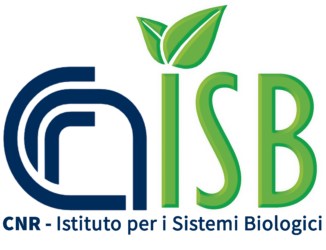
Practices in horticulture can affect soil health and related ecosystem services. Within horticultural production systems, soils are often subjected to particularly intensive use, resulting in soil contamination (e.g. by excess nutrients, pesticides or contaminants), erosion, salinization and reduction of overall fertility.
Adoption of innovative practices and fertilisers or biostimulants is hindered by several factors related to farmers (e.g. application methods, cropping system requirements), manufacturers (quality of products, traceability), advisors (technical knowledge on products’ use), researchers (understanding plant-soil-microbiome relationships).
Moreover, peat is commonly used in nurseries, greenhouses and amateur horticulture as a growing medium and for soil improvement. However exploitation of natural peat is highly contentious as the disturbance of peatlands leads to high environmental impact (habitat loss, soil degradation, CO2 emissions). The assessment of peat alternatives performance with regard to environmental and other relevant criteria is urgent. Also, there is an urgent need to minimise the waste in the food chain and to valorise agricultural waste.
The main objective of SPIN-FERT is to integrate optimised and validated innovations in soil management practices and improve peat-free substrates to enhance soil health in vegetable, fruit and ornamental crops.
Funding framework: HorizonEurope Call: HORIZON-MISS-2023-SOIL-01 Topic: HORIZON-MISS-2023-SOIL-01-05
Data inizio attività: 01/06/2024
Data fine: 30/11/2027
Other links
- Linkedin: SPIN-FERT EU (https://www.linkedin.com/company/spin-fert)
- Facebook: https://www.facebook.com/SpinFertEU
- Instagram: https://www.instagram.com/spinfert.eu/
- Youtube: https://www.youtube.com/@SPIN-FERTEU
Responsabile scientifico: Flavia Pinzari
Stato: attivo

